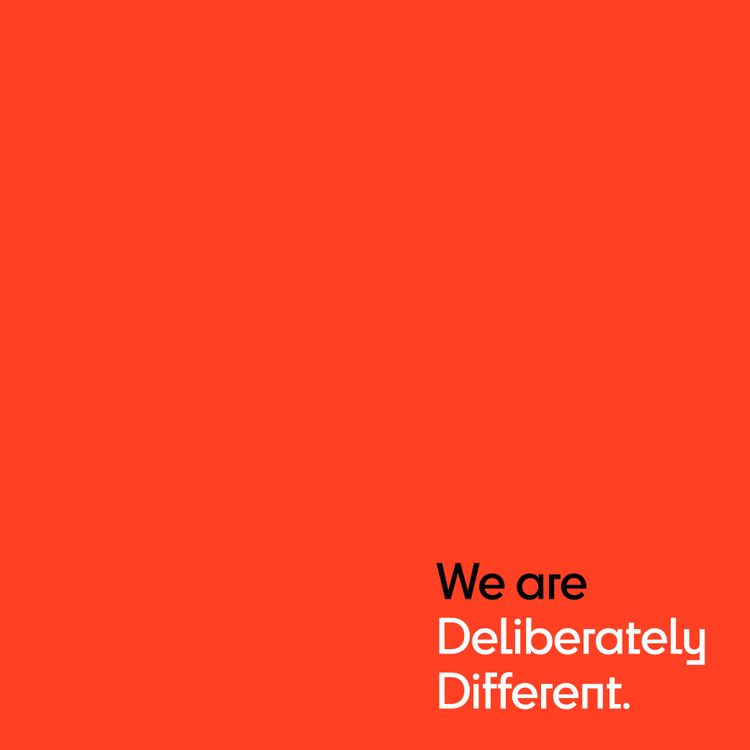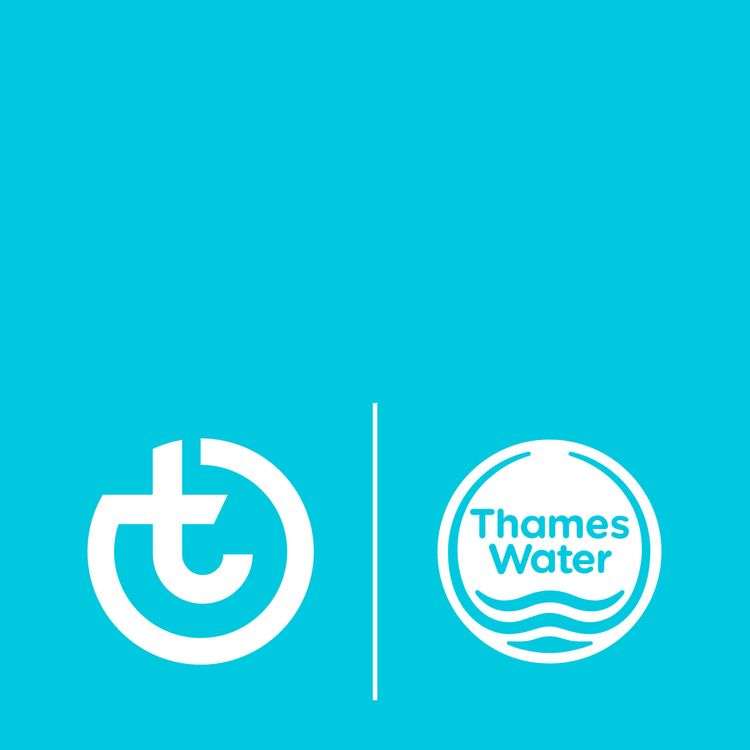Deliberately Different technology consulting
Our difference is defined by our focus on People, Patterns, and Pace. That means we build bespoke high-quality teams, apply our proven ways of working and solve our customers’ challenges quickly.

To round off our Black History Month series, we as a company have been focussing our attention on the importance of being actively anti-racist, especially in the workplace. Having worked as a Diversity, Equity and Inclusion specialist for 6 years, this conversation for me is fundamental to the training and educating of colleagues in workplaces.
I am writing this piece with the premise that we live in a society that is profoundly separate and unequal by race, I am not here to debate whether racism exists. With that in mind, I have outlined below a few ways in which those who benefit from such a system can show up as an ally for people of colour (POC) and help them overcome the problems they face around race in the workplace.
“In a racist society, it is not enough to be non-racist, we must be anti-racist” – Angela Davis, Activist
Firstly, it is worth understanding what an anti-racist ally looks like and what behaviours they embody. This is what everyone should strive towards.
It is an ally who uses their White privilege to amplify minority voices. They will listen and learn and educate themselves on what they can do to show up for POC. When given feedback on their problematic behaviours, they won’t get defensive, but instead are prepared to engage in positive change. When they hear or see racist microaggressions from family, friends or colleagues they will challenge it as they understand that they need to use their White privilege to advocate for those that don’t have it.
You may be wondering what White privilege is and how if you have it, you can use it to become a better ally.
White privilege doesn’t mean your life hasn’t been hard, it just means the colour of your skin isn’t one of the things making it harder. White privilege exists as a direct result of both historic and enduring racism, biases and practices designed to oppress POC. This might be a hard pill to swallow, but if you are White you actively benefit from the oppression of POC. You can’t change whether or not you have this privilege as you are born with it, but what you can do is use it to advocate, amplify and uplift those that don’t benefit from it.
Below are a few common problems & microaggressions POC face in the workplace and how anti-racist allies can help:
Have you seen individuals using the phrase "all lives matter” as opposed to "Black lives matter”? It seems like an innocent turn of phrase, and the majority of people posting this aren’t meaning to be racist, they are merely trying to say that they believe we are all equal. However, we live in a society that is profoundly separate and unequal by race and not seeing race is a way of not ignoring the discrimination POC face in a racist society. By refusing to see someone’s race you refuse to see the struggles they have been through because of it. Instead of fighting racism, you then play a part in keeping it in place.
If you want to be actively anti-racist against this, the goal is to see and honour each and every individual’s skin colour so you can acknowledge the barriers they face. It is to listen and learn about these barriers and do the work to level the playing field. A great book to read on this subject is ‘Why I’m no longer talking to white people about race’ by Reni Eddo-Lodge.
You may have heard of the term ‘mansplaining’ and this term comes from that. It is the paternalistic lecture given by White people towards POC defining what should and shouldn’t be considered racist, whilst obviously exhibiting their own racism.
The issue with it being, if you are White you won’t have experienced racism. Afterall, White people are the majority, oppressive race that have created systems of oppression against POC. Therefore, if you haven’t experienced racism, you cannot define what can or can’t be considered racist.
If a POC at work, tells you something is racist, listen to them, acknowledge it, apologise and ensure you don’t do it again. Admit you don’t have all the answers and use questions to strengthen your allyship. In a recent Harvard Business Review article on being a better ally, Wharton’s Creary encourages aspiring allies to ask Black colleagues about their work and their professional goals.
Tone Policing is an anti-debate tactic based on criticising a person for expressing emotion. It distracts attention from the validity of a statement by attacking the tone in which it was presented rather than the message itself. Tone Policing also preserves the privilege of the people who want to avoid conversations that make them feel uncomfortable – maintaining their power and dominance. But most importantly it prevents you from acknowledging your mistakes, educating yourself and being an anti-racist ally through uplifting those around you.
What does it sound like in the workplace? Phrases like “I wish you would say that in a nicer way.” or “You’d have a lot more people on your side if you weren’t so rude” or “this isn’t the time or place to express your emotion’ are commonly used. Tone policing suppresses the voices of the marginalised and makes them feel their emotions are invalid.
You may feel put out and attacked when someone pulls you up on your racist microaggressions or talks about issues that you may not understand. It’s important to get to a place where you care less about the delivery of the message but more about the message itself. Managers striving to create a workplace based on equity and inclusion must understand how tone policing silences POC and allows discrimination to persist. Creating regular check-ins with members of staff can be a powerful way to provide support, especially during times of crisis and distress for POC.
Perhaps the biggest problem POC face when discussing issues around race or microaggressions they face. Gaslighting is a form of emotional abuse and manipulation that causes the victim to question their own reality. It can sound like “I was just joking”, “stop being so sensitive”, “You can’t give an opinion on anything anymore” and “you don’t know what you are talking about”.
Understand it is a privilege to learn about racism rather than experience it. When a POC speaks to you about their experiences of racism, don’t minimise these and don’t tell them they are wrong but rather reflect on what they are saying and learn from it.
White Fragility is a term coined by educator and teacher Robin DiAngelo. It is where White people get defensive when they are thrown off their racial equilibrium. It is so rare that they are forced to confront issues around their race that when they do, they deflect, defend and make it so miserable for POC to discuss their often racist and problematic behaviours, that most POC simply don’t for fear of being reprimanded. It's a form of racial bullying and a means to uphold the racial hierarchy.
White fragility displays itself in tone policing, gaslighting and defensiveness. As per the steps below and in our blog earlier this month, instead of centring yourself and your feelings in the feedback, get to a place where you are putting the individual that is sharing and their needs first.
Being actively anti-racist in the workplace and in everyday life is hard and requires you to put in the work to understand how you unconsciously and consciously playing a part in upholding the current racial status quo. It requires you to dismantle racist ideas first within yourself and then challenge those very ideas in your work colleagues, friendship circles and family members around you. To be truly anti-racist you need to amplify minority voices, advocate for those that aren’t in the room, make a bigger table so everyone has an opportunity to have a seat and uplift those around you.

Our difference is defined by our focus on People, Patterns, and Pace. That means we build bespoke high-quality teams, apply our proven ways of working and solve our customers’ challenges quickly.

Helping Thames Water decouple from complex and costly legacy technology contracts, migrate to modern cloud-based platforms, and build a team of skilled system engineers.
Supplier dependency has been a norm in technology consulting for too long. We explore how organisations can set themselves free with Zero Dependency.
Get the inside scoop — delivered straight to your inbox.